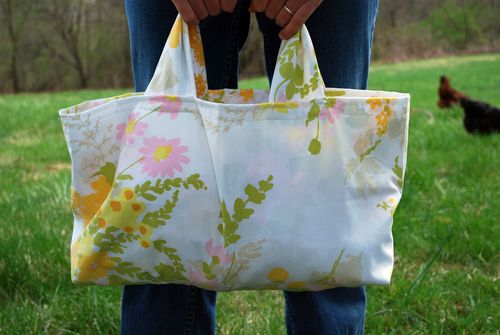Blog

Many of the ways we recycle, reuse, and reduce to save energy can also save us money. While I don’t think of myself as an extreme recycler, I found that I already do many of the suggestions in the two articles below. Check them out—you might get an idea that will save you some pennies and reduce your energy use:
Save Green and Go Green in the Kitchen is a list from the Canned Food Alliance and 8 Ways to Go Green in Your Kitchen is from WedMD.
I see people using reusable grocery bags frequently when I shop. Just last week I went to a grocery store in Maryland with a friend. At the stores she shops at you have to pay for plastic or paper sacks, but if you bring your own, you get a discount of 5 to 10 cents. Most people brought sacks with them.
My concern about reusable bags is food safety. Researchers at University of Arizona and Loma Linda University asked shoppers going into grocery stores if they washed those reusable bags. 97% reported they do not regularly, if ever, wash the bags. In addition 75% said they don’t use separate bags for meats and for vegetables, and about a third said they used the bags for carrying and storing all sorts of things like books, clothes, shoes, etc.
The researchers tested 84 of the bags for bacteria and found bacteria in all the bags except for one. The good news is that machine or hand washing reduced bacteria levels to almost nothing.
It’s a good idea to designate a bag for meat and poultry. When meat or poultry juices touch food that will not be cooked such as fruits and vegetables, you have the potential for cross contamination and foodborne illness. Any type of reusable grocery bag should be hand or machine washed in warm to hot, soapy water at least once a week, and always after a spill. This will keep them clean and reduce the risk of cross contamination.
Happy Recyling!

